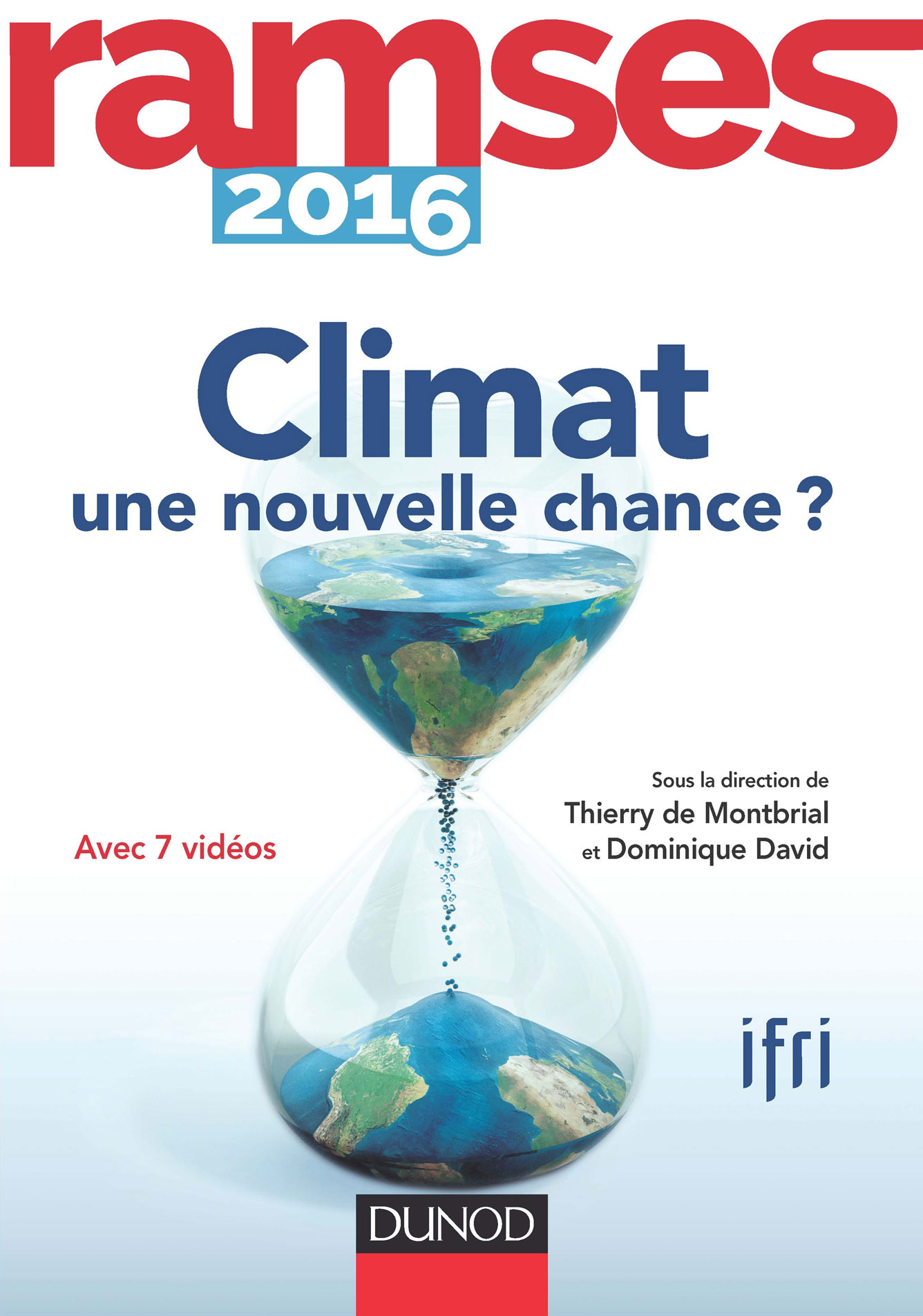
American Presidential Elections: What the Primaries are Telling us
The presidential primaries have begun, and have quickly become a target for much criticism.

War’s Indirection or the Return of the Limited War
Over the last few years both the United States and Russia seem to have changed their conception of how to deploy force.

RAMSES 2016. Climat : une nouvelle chance ?
Written by Ifri's research team and its network of associates, the new RAMSES 2016 analyses geopolitics on a worldwide scale. The major theme of this 34th edition is Climate: A new chance? In addition, RAMSES 2016 tackles the insertion of Africa in globalization and the uncertainties of democracy today in post-industrial societies, but also in the South.
Comment votent les Américaines ?
Are women going to vote massively for Hillary Clinton in 2016, the same way African-Americans voted for Barack Obama in 2008 and 2012? This paper examines the different aspects of the gender gap in the US, social debates around women's issues and the way the Democratic candidate may approach the different segments of the American electorate.
Sentencing Reform in the United States
Since the 1980's the incarceration rate in the United States has climbed to unprecedened levels. Today, the United States incarcerates a higher proportion of its population than any other country in the world. Activists have long called for sentencing reform, recognizing the criminal justice system's racial bias and failure to rehabilitate. President Obama's recent call to action propelled the debate on the issue forward at an unprecedented pace but will proposed reforms be enough to end mass incarceration ?
Best friends, eh? The Arctic, Keystone XL and the Canada-United States Relationship in 2015
Canada and the United States enjoy one of the most fruitful relationship in the world. Yet, several points of contention have appeared in recent years over the Northwest Passage and, more importantly, the Keystone XL pipelines. Such disagreements must be analyzed in order to fully grasp the state of the bilateral relationship in 2015.
Rethinking the Confederate Legacy
The battle flag of General Robert E. Lee’s famed Army of Northern Virginia, commonly known as the Confederate Flag or the Southern Cross, has become the symbol of the 1861-1865 Southern secession and the most widespread sign of Southern regional identity. Today it can be found flying across the South and on everything from clothing to bumper stickers.
Agreement on the Trans-Pacific Partnership (TPP) in Atlanta. TPP and TTIP: Power Games in the U.S. Congress
Our analysis on the Agrement on the Trans-Pacific Partnership (TPP) in Atlanta: President Obama is now seeking approval from Congress. He might be getting more support from the Republicans.
Blaming El Norte: The Economic Realities of Anti-Americanism South of the Rio Grande
For more than half a century, Cuba captured America’s attention as a symbol of anti-Americanism right in its own backyard. As normalized relations between the United States and Cuba bring these iconic hostilities to a close, many wonder if Castro’s Cold War rhetoric is finally dead. Borne primarily by Venezuela and Ecuador, Latin America's anti-Americanism has in fact merely transformed into an equally aggravating but less consequential trend today. Economic dependency tempers this new thorn in the United States’ side.
Hillary Clinton et les radicaux du Parti démocrate
Hillary Clinton should announce very soon that she is running for president in 2016. On the Republican side, candidates' abundance promises a long and wild primary campaign. On the Democratic side, Clinton should not face any serious rivalry. The Democrats' (most to the left) champion, the senator of Massachussetts, Elizabeth Warren, repeated many times that she would not run for primaries. Clinton nevertheless has to take into account a radicals' fringe susceptible to play up her in her own party. What is their capacity of nuisance on the American political scene?
Support independent French research
Ifri, a foundation recognized as being of public utility, relies largely on private donors – companies and individuals – to guarantee its sustainability and intellectual independence. Through their funding, donors help maintain the Institute's position among the world's leading think tanks. By benefiting from an internationally recognized network and expertise, donors refine their understanding of geopolitical risk and its consequences on global politics and the economy. In 2024, Ifri will support more than 70 French and foreign companies and organizations.

















